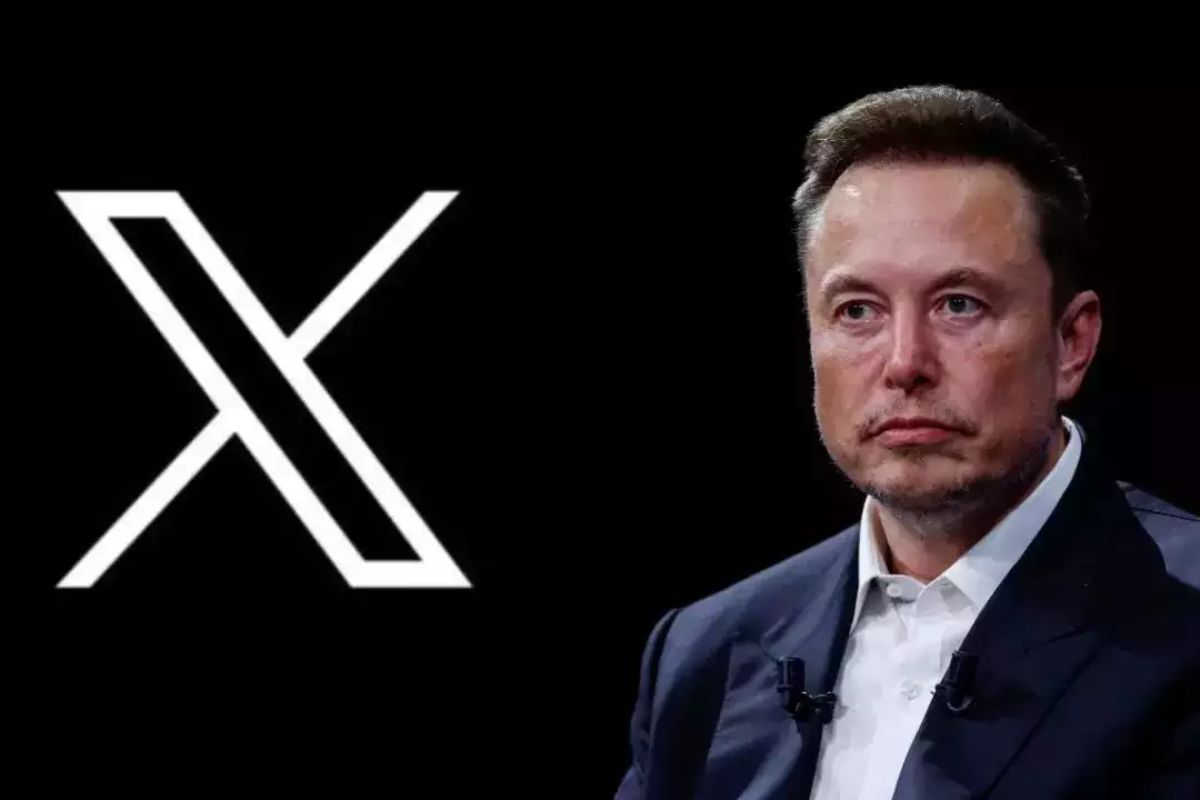X, the social media platform formerly known as Twitter, has agreed to temporarily cease using personal EU User Data from European Union (EU) users in its artificial intelligence (AI) training programs. This decision comes as a direct response to legal action initiated by Ireland’s Data Protection Commission (DPC), marking another chapter in the ongoing struggle between technology companies and European regulators over data privacy issues.
X Suspends EU User Data Use Following Legal Pressure
In a significant development, X has temporarily halted the utilization of personal data from EU User Data for training its AI systems. This decision follows legal action taken by Ireland’s Data Protection Commission (DPC), which raised concerns over the platform’s data processing practices. The DPC’s intervention came after it was discovered that X had begun using EU user data for AI training on May 7, 2024, without providing users with an option to opt out. It wasn’t until July 16, more than two months later, that X introduced an opt-out feature.
However, the staggered rollout of this feature, which was not immediately available to all users, further exacerbated concerns regarding X’s compliance with EU privacy regulations. In response to the DPC’s action, X has agreed to suspend the use of any data collected between May 7 and August 1, 2024, for AI training until the legal proceedings are concluded. The company is now required to submit its objections to the DPC’s suspension order by September 4, 2024.
Implications for AI Development and Data Privacy
The legal case involving X underscores the intensifying conflict between technology companies and European regulators, particularly concerning data privacy in AI development. The European Union’s General Data Protection Regulation (GDPR) is widely regarded as one of the strictest privacy laws globally. The outcome of this legal battle could have far-reaching consequences, setting a critical precedent for how AI systems can be trained using data from EU citizens. A ruling against X could lead to stricter regulatory oversight and potentially more stringent regulations for AI development within the EU. This could pose challenges for tech companies, potentially slowing down innovation as they adapt to new compliance requirements.
Broader Impact on the Tech Industry
Beyond X, the case has broader implications for other tech giants operating in the EU, including companies like Meta and Google, which have also faced scrutiny over their data processing practices. The decision in this case could compel these companies to reevaluate their approaches to data collection and usage to ensure they align with EU privacy laws. This could result in a more cautious approach to AI development across the industry, as companies strive to balance innovation with regulatory compliance.
The ongoing legal battle and its eventual outcome could shape the future of AI development and data privacy standards not only in Europe but also globally, as other regions may look to the EU’s decisions as a model for their regulations.
Also Read: Cyber Pro Magazine






